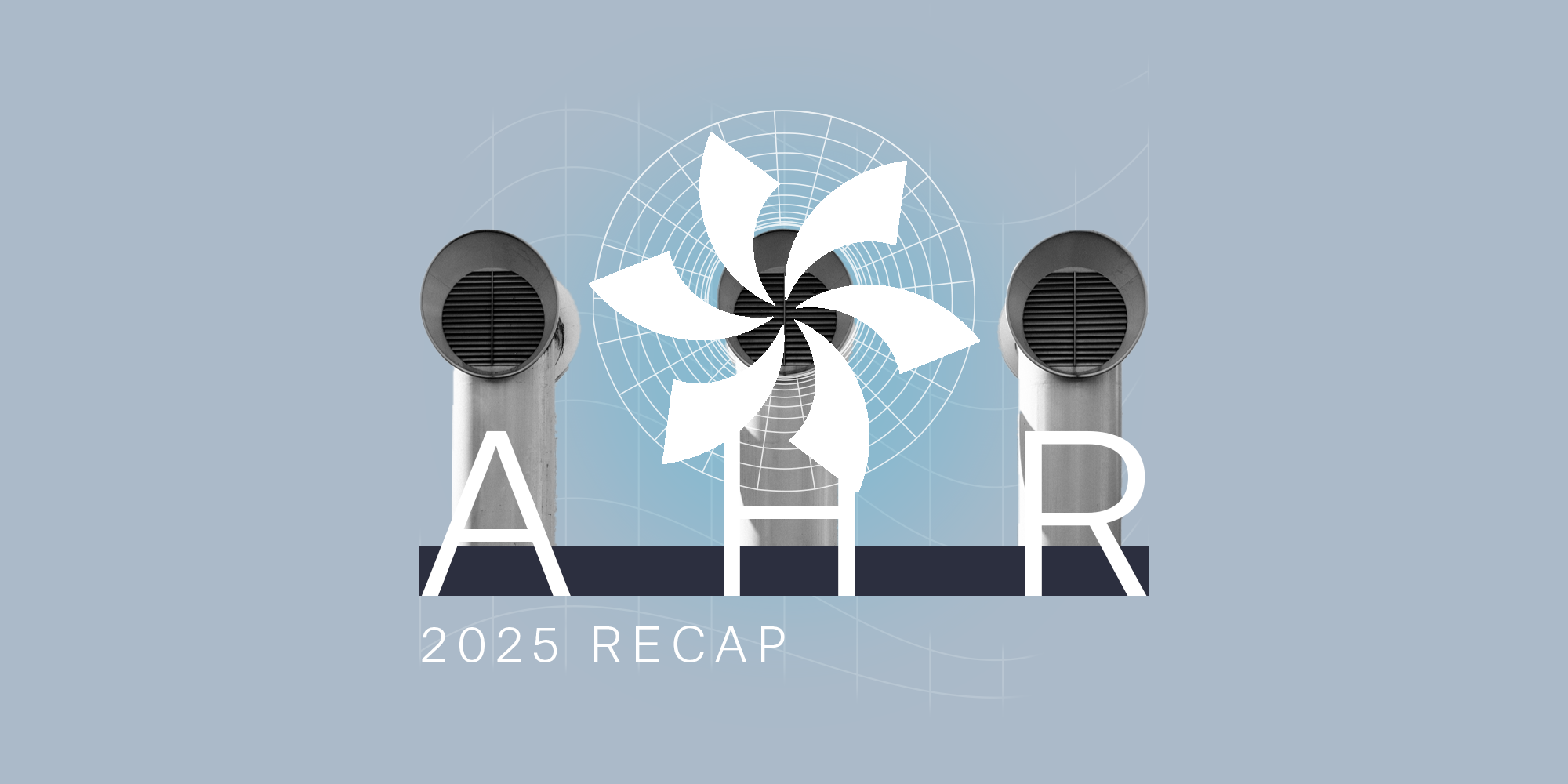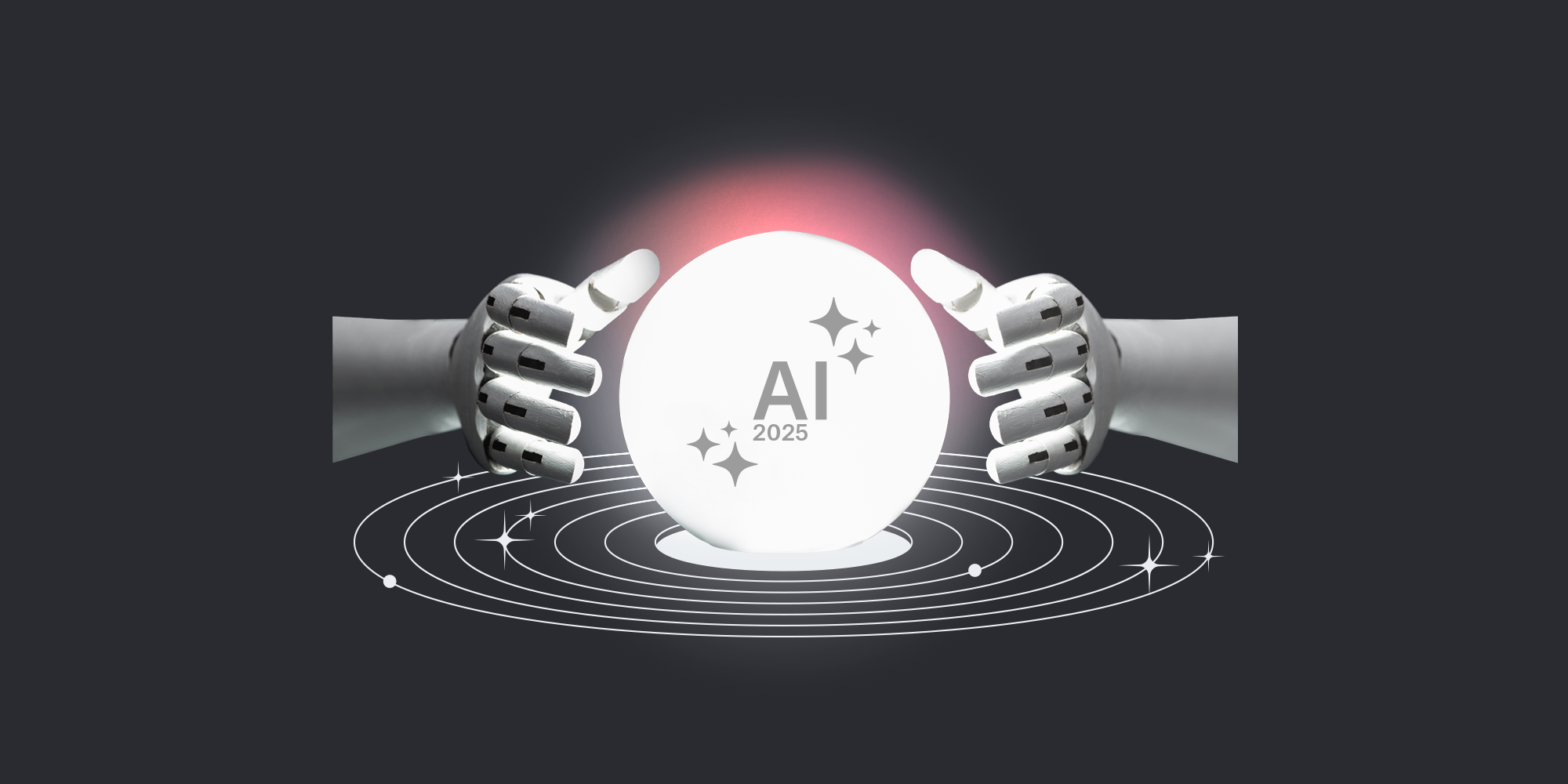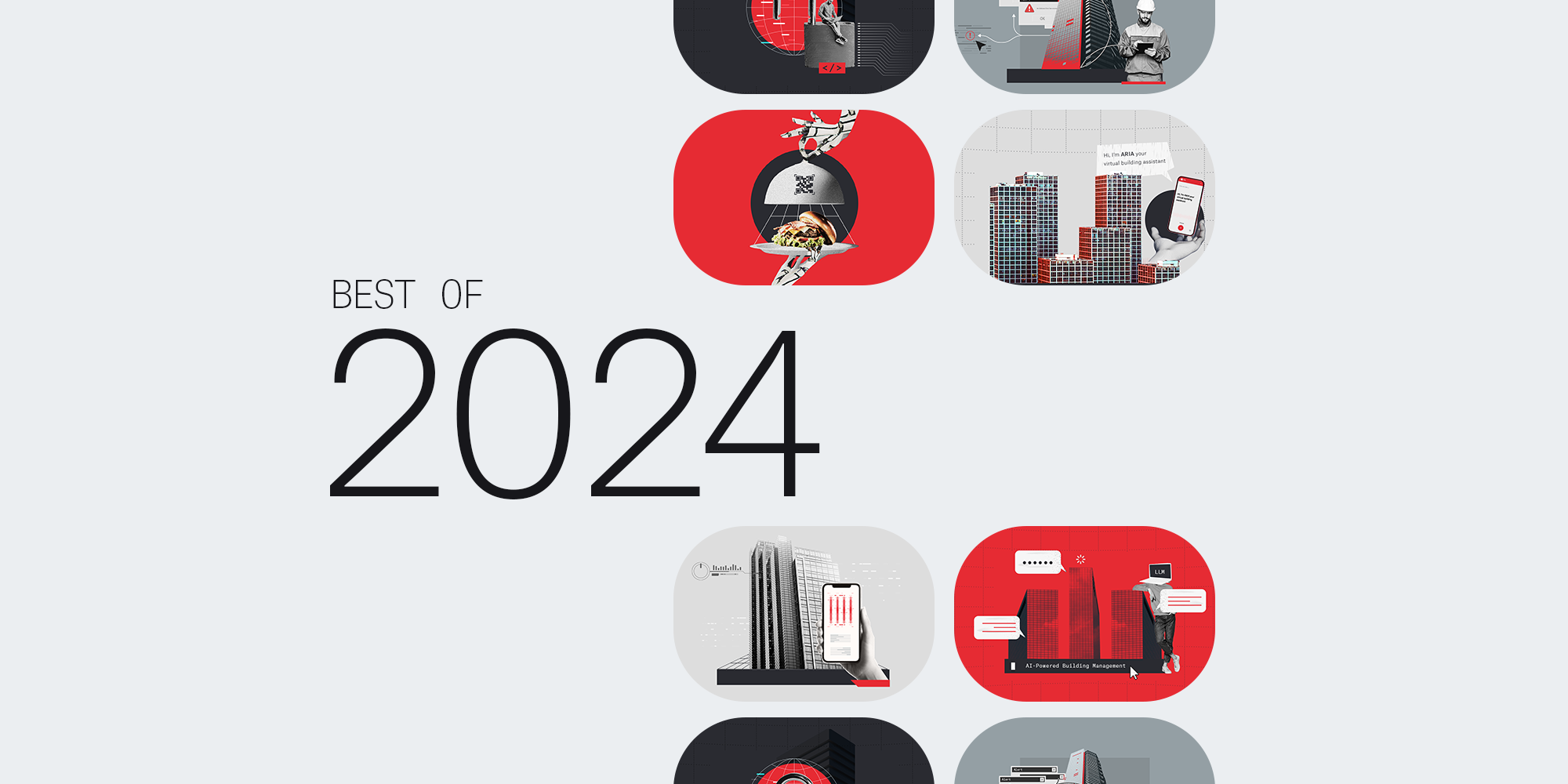Let’s Talk About Renewable Energy

Let’s Talk About Renewable Energy
It seems that renewable energy is one of those topics where the more we learn, the less we know.
One of the reasons for this is that there is an abundance of information about renewable energy online. Unfortunately, though this information is plenty, it can be hard to follow or downright inaccurate. Some of it comes from dubious sources, some of it has been politicized, and there are some things that we just don’t know.
As a technology company focused on improving energy efficiency, renewable energy is a topic near to our heart at BrainBox AI. In this article, we’ll look at some of the most common statements that are cast about renewable energy and do our part to debunk or confirm them.
True or false: fossil fuels are cheaper than renewable energy
Even in 2021, North Americans depend on fossil fuels to an overwhelming degree. In the United States alone, 81% of energy comes from the most famous fossil fuels, including coal, oil, and natural gas.
We know that these fossil fuels damage our environment by releasing greenhouse gases into our atmosphere, directly contributing to global warming. However, one of the justifications that you’ll often hear for this reliance on fossil fuels is that they’re “cheaper to produce than renewable energy.”
The reality, though, is that this is false. Renewable energy is the world’s cheapest energy source, and its price keeps on dropping. Though other reasons prohibit easy access to renewable energy, the cost isn’t generally one. Instead, the intermittency of renewables can act as a deterrent, as the unpredictable nature of energy sources like wind or solar can require unconventional power grid planning.
True or false: demand for renewable energy is skyrocketing
You don’t need to be an economist to understand the power of supply and demand. And, while renewable energy may have been uncommon throughout recent decades, it seems like everyone (and their neighbour) wants some renewable energy sources in their lives these days.
This observation is right—renewable energy demand is indeed increasing. It’s estimated that, between 2021 to 2022, demand for renewable energy will increase by 100 gigawatts.
On the one hand, this increase is a good thing because it means that the concept of renewable energy is becoming more mainstream—most people are likely doing their best to educate themselves about the climate crisis and the measures that need to be taken. However, the problem is that the world doesn’t yet have the renewable energy output to keep up with this demand, so unless we improve our energy efficiency, we’ll have no choice but to rely on some “old school” energy sources, like fossil fuels, as we go along.
True or false: renewable energy will solve the climate crisis
Dire news isn’t easy to stomach, and there’s no shortage of complex information regarding the climate crisis. From more extreme weather patterns to rising sea levels to species extinction, many bad things are happening out there. But renewable energy will reverse these problems, right?
Unfortunately, this is false. But it doesn’t mean that all hope is to be lost. It just means that it’s not enough to switch to renewable energy and never look back simply. As we know, our renewable energy output and reliability is not enough to meet growing demand, so we will still need to depend on fossil fuels one way or another. But this doesn’t mean we need to give up on the goal of net-zero emissions.
Instead, it just means that to reach net-zero emissions, we will need to tackle the demand side of the equation by optimizing our existing energy uses to be more efficient and kinder to the environment. This entails reducing energy consumption, but also shifting energy loads to periods where renewable energy is more readily available. Otherwise, as we rebound from the pandemic, we could see ourselves embarking on a dangerous trajectory of over-dependence on carbon-heavy energy sources due to unnecessary over and inefficient use of energy.
While we dream of a day where we can all rely on renewable energy sources, we know that quick and impactful actions need to be taken now to protect our environment. If you oversee the operations of a commercial building, you can do your part by choosing to work with BrainBox AI.
The power of optimizing existing energy arrangements
BrainBox AI uses proprietary technology to analyze your building’s heating, air conditioning, and ventilation (HVAC) systems and make adjustments to improve efficiency. Installation only takes a few hours, and the predictive and self-adaptive AI will have the intricacies of your indoor environments memorized within a few weeks.
Commercial buildings represent a significant amount of energy use within our communities, and anyway that we can help curb this makes a considerable impact. Relying on BrainBox AI is a great way to reduce your building’s carbon footprint and contribution to the fight for net-zero emissions, which will be fought with—but not solely by—renewable energy sources.













